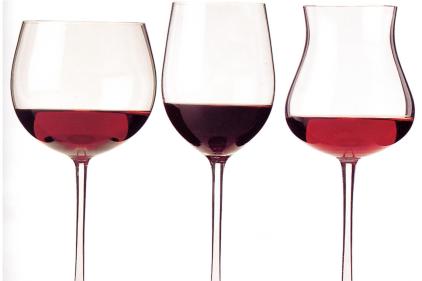The team also managed to calculate in what quantities the ingredients go from being beneficial to harmful.
Antioxidant components can be found in traditionally Mediterranean ingredients such as olive oil, red wine, fresh fruit (particularly red fruits), vegetables and cereals, among others, said Maria Paula Marques, who is coordinating the research.
The Coimbra University (UC) molecular physics and chemistry graduate dug deeper into the link between the consumption of a Mediterranean diet and a reduced incidence of various types of cancer and other cardiovascular diseases, to establish which components have a higher capacity of eliminating harmful free radicals (antioxidants), and why.
One of the most important conclusions that the researchers reached is that the doses of antioxidants are decisive in the fight against agents that are able to cause diseases, and which, from a certain quantity, can even be harmful.
However, if the antioxidants are consumed in high quantities they themselves can become harmful, Marques explained, warning about the existence on the market of various types of “enriched food supplements that rarely give an indication of the dosage” in them.
“Capsules (of additives) can contain higher doses (than those found in the ingredients of a Mediterranean diet) and if they are taken without any sort of medical advice could have disastrous consequences on health,” she said.
By being able to determine what dosages are beneficial and harmful, which can vary from component to component, investigators warn towards the urgency of drawing up “rules and regulations to control how food supplements are used, as happens with medicines.”
“If consumed indiscriminately, these and other products that are sold freely (including so-called natural cosmetics) can have undesirable effects by not specifying what dosage of antioxidants are contained within,” the coordinator stressed.
The recent findings are the result of an eight-year investigation and have also allowed for the identification of ingredients that best beat stress.
It is believed the conclusions will help the “food and cosmetic industries develop more efficient products.”
From the February 13, 2012, Prepared Foods' Daily News.



